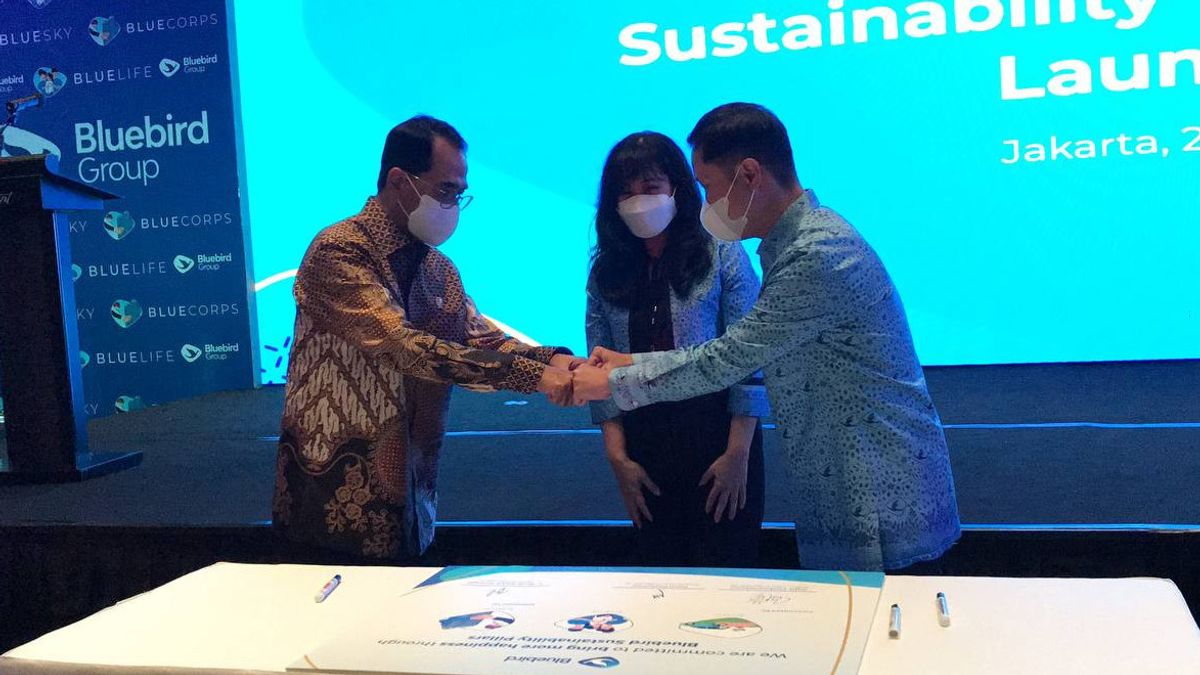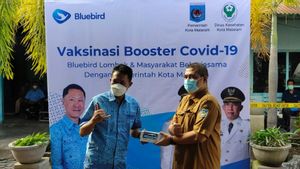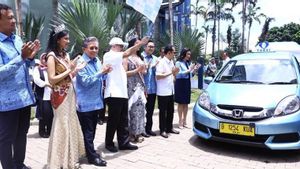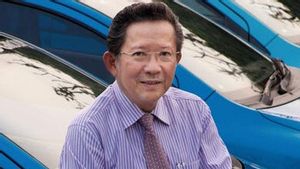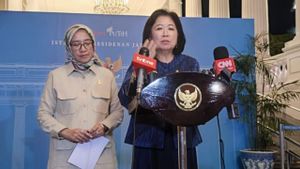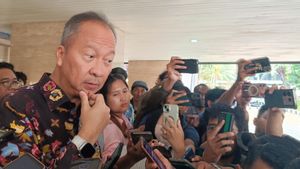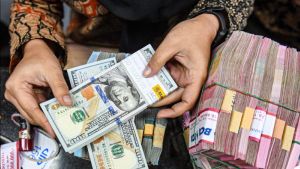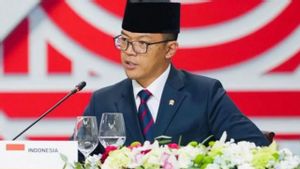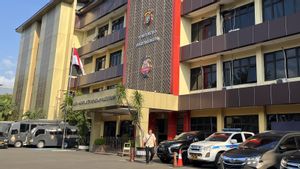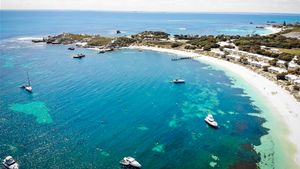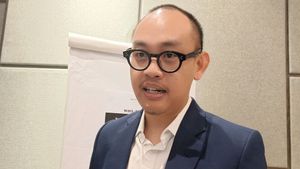JAKARTA - PT Blue Bird Tbk (Bluebird) is committed to realizing the 50/30 sustainable vision agenda at the age of 50 in May. This vision is an illustration of the strategy of the company owned by the conglomerate Purnomo Prawiro in reducing 50 percent of carbon emissions and operational waste in 2030.
President Director of PT Blue Bird Tbk, Sigit Djokosoetono explained that in realizing sustainable development, especially sustainable transportation, the government needs support and synergy from various stakeholders, including business people.
Through the 50/30 sustainability vision, Sugit hopes that Bluebird can prove the company's commitment to reducing 50 percent of carbon emissions and operational waste by 2030 and implement it into the three pillars of the sustainability side, namely BlueSky, BlueLife and BlueCorps.
Through the BlueSky pillar, said Sigit, Bluebird shows its contribution to improving environmental quality by targeting several real commitments by 2030 through the transformation of the electric vehicle fleet by 10 percent.
"Transformation of the fleet of vehicles using CNG (compressed natural gas) fuel by 23 percent and the implementation of solar panels as an alternative energy to achieve the observation target of 150.000 kWH," he said.
Sigit said the principle of electricity efficiency has also been adopted by the company both at the head office and in the fleet pool through the implementation of energy savings during non-working hours.
"At the company's headquarters, maximizing lighting from outside during working hours through this initiative has reduced energy use in a row over the last 2 years by 17 percent," he said.
SEE ALSO:
Meanwhile, through the BlueLife pillar, Bluebird is committed to improving the quality of social life through Bluebird Peduli, Bluebird Academy, Women's Dormitory at work locations, and Bluebird Friends.
"Through the Bluecorps pillar, Bluebird continues to strive to improve the quality of corporate business governance," he said.
Sigit said Bluebird believes good corporate governance can bring great value to stakeholders.
On the same occasion, Minister of Transportation Budi Karya Sumadi emphasized that in supporting national development, the development of transportation infrastructure must adhere to sustainable principles.
Furthermore, Budi explained that changes in transportation characteristics in the community also demand better service improvements quickly.
"Development of a transportation system does not only focus on aspects of costs and services, but also has to pay attention to its impact on the environment. Development of a sustainable transportation system limits emissions or waste and can minimize the consumption of non-renewable resources," he said.
The English, Chinese, Japanese, Arabic, and French versions are automatically generated by the AI. So there may still be inaccuracies in translating, please always see Indonesian as our main language. (system supported by DigitalSiber.id)
